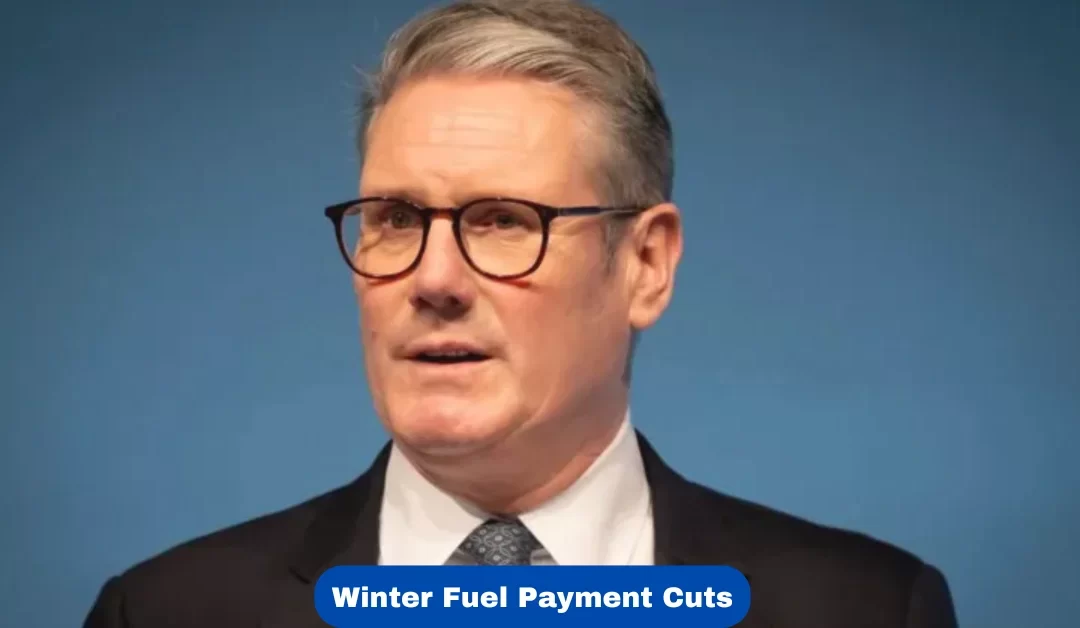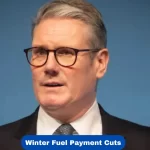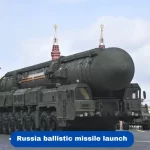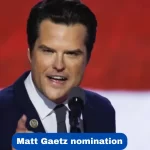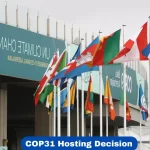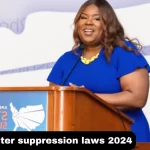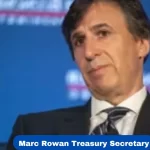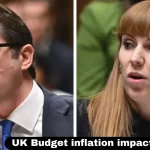The UK Prime Minister has defended the decision to cut winter fuel payments for millions of pensioners, describing it as a necessary step to manage the country’s strained finances. The move, announced earlier this year, has faced widespread criticism, with concerns about increased pensioner poverty and risks to vulnerable groups.
Why Were Winter Fuel Payments Cut?
- Budget Priorities and Economic Challenges
In July, Chancellor Rachel Reeves announced that winter fuel payments, which can amount to £300, would now be available only to pensioners receiving pension credit. This change is expected to save the government £1.5 billion annually. The Prime Minister justified the decision by highlighting the need to prioritize funding for the NHS, schools, and other essential services.
He acknowledged the difficult financial situation the government faces, citing a “broken economy” and the discovery of an additional £22 billion in unaccounted expenses. “Difficult decisions had to be made to balance the books,” he explained during a series of BBC local radio interviews. - Targeting Support to Those in Need
The government argues that the new policy ensures that help reaches the pensioners who truly need it. “Many pensioners are relatively wealthy and do not rely on this allowance,” the Prime Minister said. He encouraged those eligible for pension credit to apply, as this would guarantee their continued access to winter fuel payments.
Impact on Pensioners and Poverty Concerns
Critics warn that this decision could have dire consequences. A government report estimated that 100,000 pensioners might be pushed into poverty by 2026 due to the payment cuts.
Work and Pensions Secretary Liz Kendall acknowledged this projection but emphasized plans to increase pension credit uptake to mitigate the impact. However, concerns remain, as poverty and energy costs are rising, leaving many worried about vulnerable pensioners’ well-being this winter.
Public and Political Backlash
- Accusations of Ignoring Pensioners
The Prime Minister faced tough questions during interviews, with accusations of “picking a fight” with pensioners. Critics argue that the changes may leave more pensioners struggling to afford heating, potentially risking lives. - Farmers and Small Business Owners Feel Neglected
Alongside pensioner concerns, farmers and small business owners expressed dissatisfaction with other budget measures. Thousands of farmers recently protested changes to inheritance tax and the accelerated removal of EU-era farming subsidies.
Defending the inheritance tax policy, the Prime Minister noted that most farms would not be affected, with the tax threshold set at £3 million. “There aren’t many farms sold above that amount year on year,” he stated, aiming to reassure rural communities.
Energy Bills and Migration Issues
The Prime Minister also faced questions about rising energy bills and the government’s response to increasing migration.
- Energy Costs: Households continue to grapple with rising energy prices, compounding concerns about winter fuel payment cuts.
- Migration: Addressing small boat crossings in the English Channel, the Prime Minister outlined plans to work with international partners to dismantle smuggling networks.
Opposition’s Criticism
Opposition leader Sir Keir Starmer criticized the government for its handling of the situation, calling the winter fuel payment cuts a “direct attack on vulnerable pensioners.” He emphasized that pensioners who rely on the payments for heating are being unfairly targeted during a cost-of-living crisis.
Starmer also accused the government of prioritizing the wealthy and neglecting “working people” who depend on the NHS, affordable housing, and a secure economy.
While the government defends the cuts as a necessary measure to stabilize finances, public backlash reflects concerns about vulnerable groups being disproportionately affected. The coming months will likely test the effectiveness of these policies and the government’s ability to mitigate the adverse effects on pensioners and low-income households.

